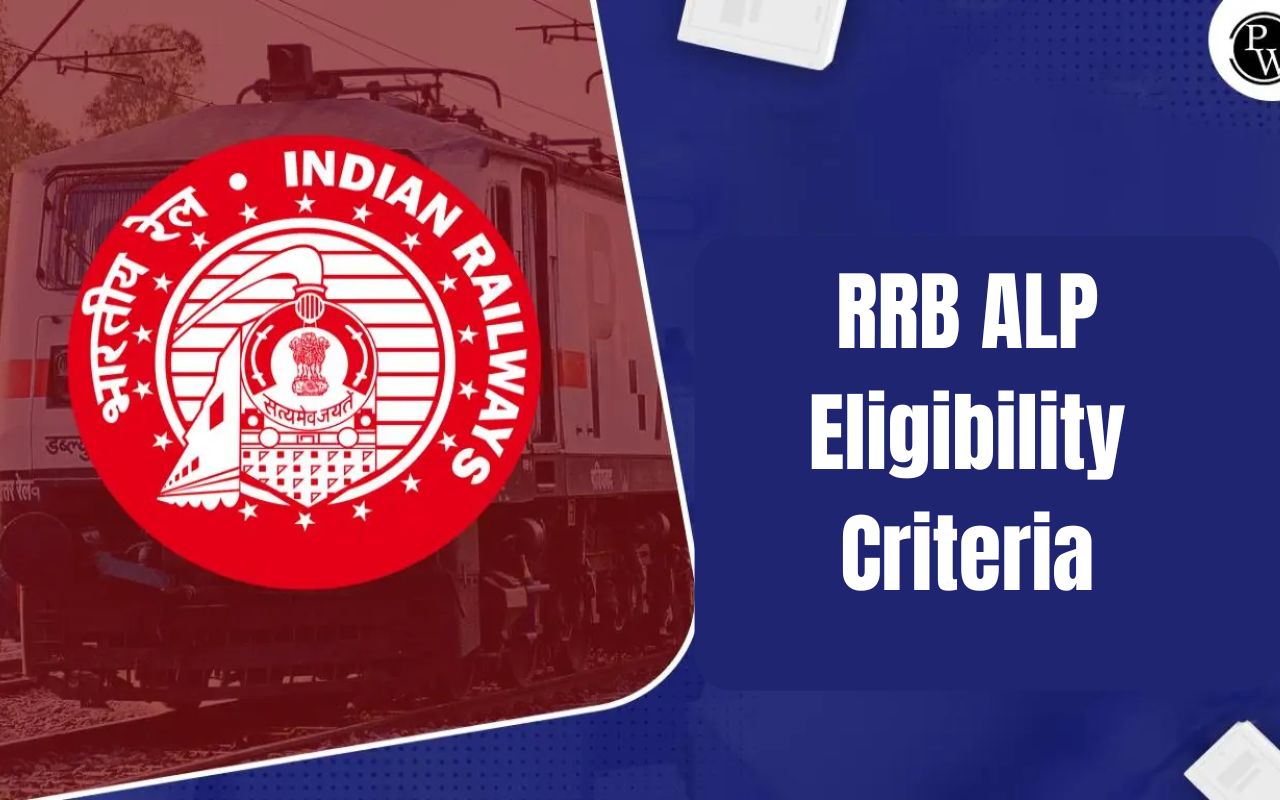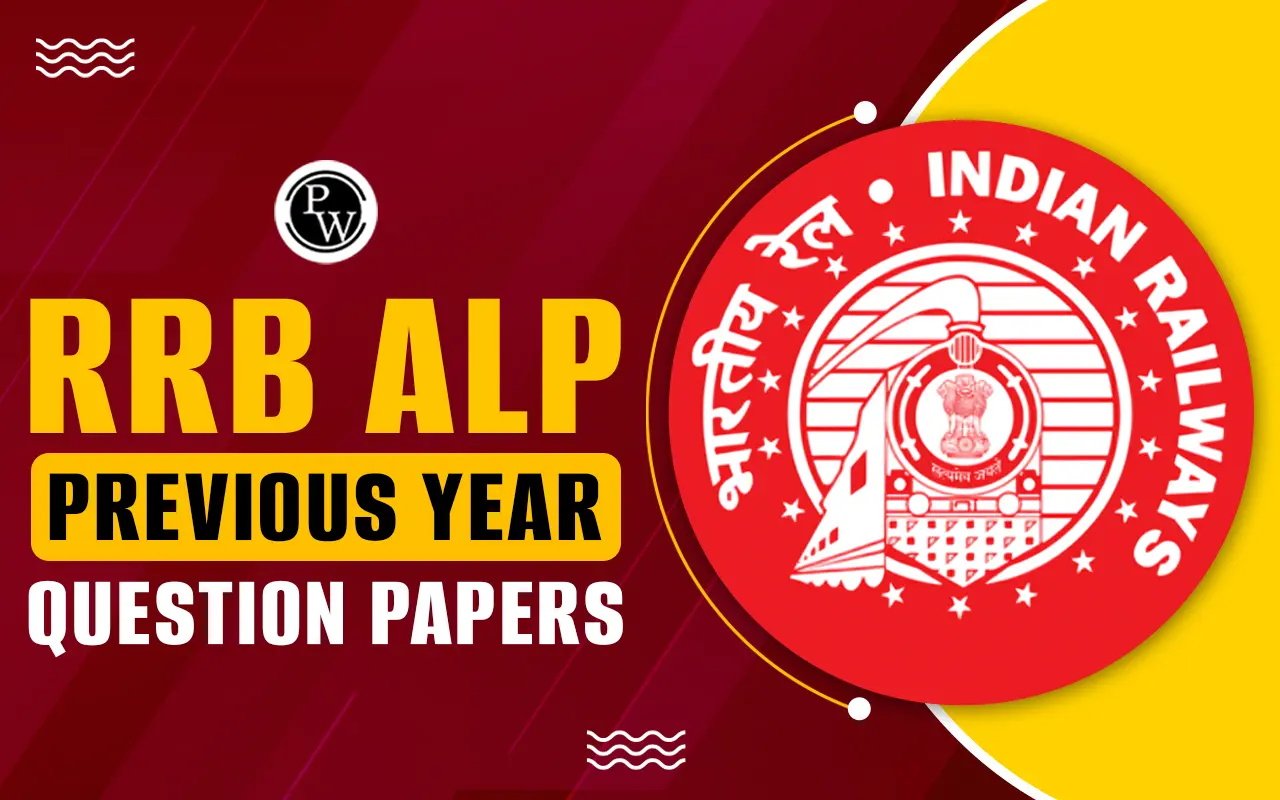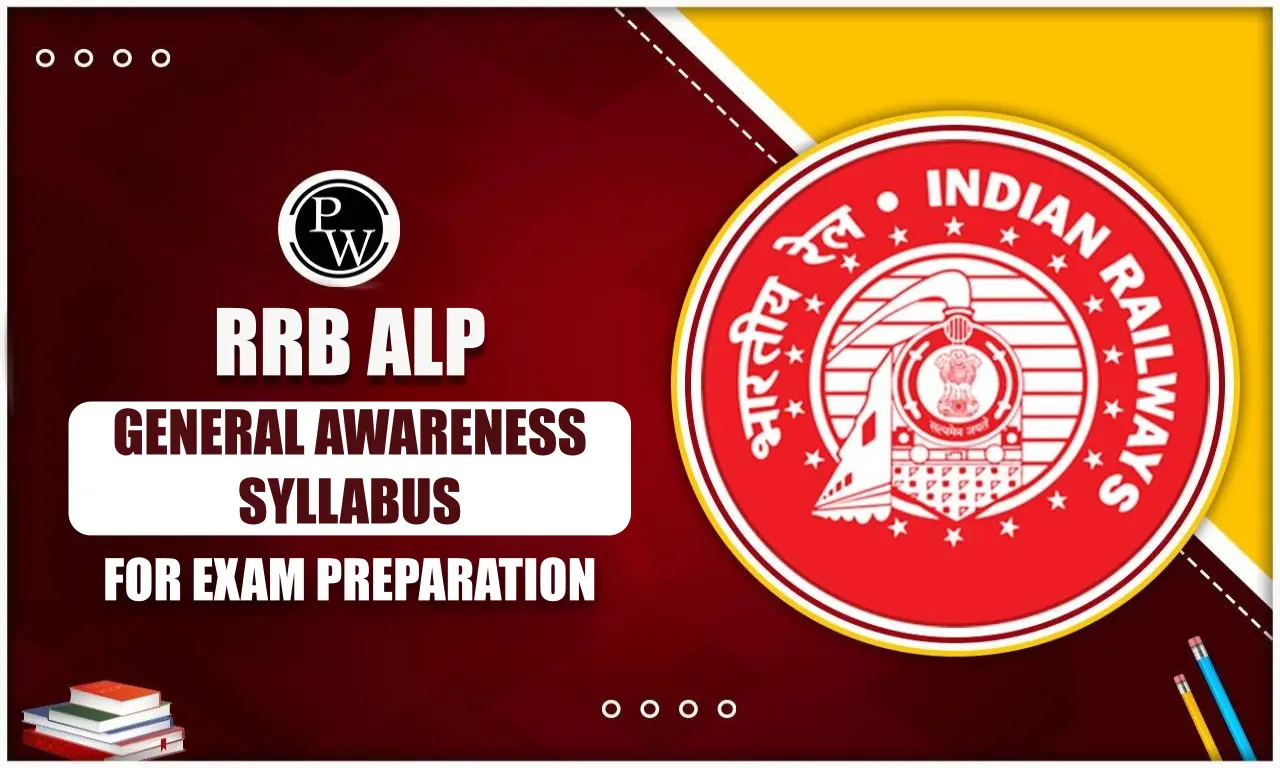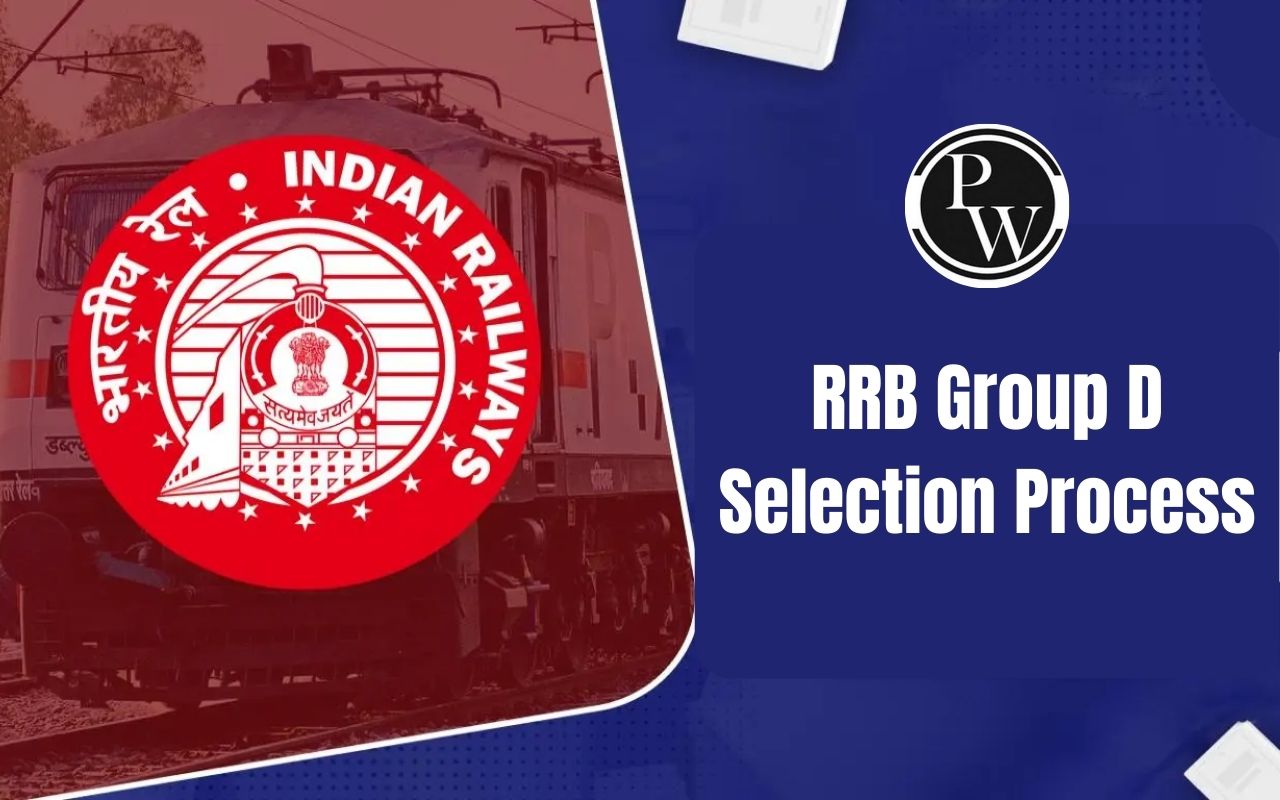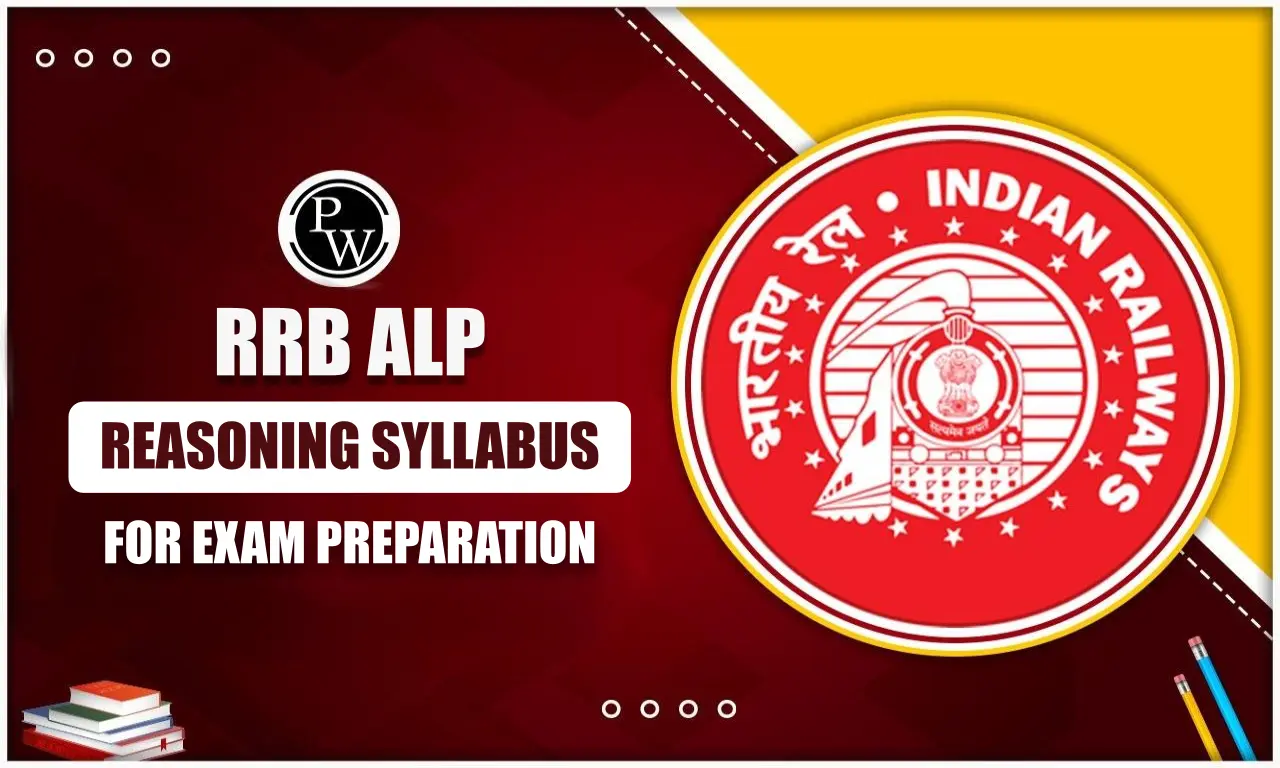
History Of Railways In India : The first Indian train was established by the British Government during colonial times, more than 160 years ago. India's railways have shaped and characterized the nation throughout the past 150 years. The tracks established helped to strengthen a system that international investors developed to help the nation.
From the British Raj to the present day, Indian Railways has seen a variety of evolutions in its rail development activities. The History Of Railways In India was founded nearly 160 years ago, with the first train running on April 16, 1853, after the sharing of an idea in 1832. With a network that covers more than 1.2 lakh kilometers nationwide, Indian Railway is the fourth-largest network in the world. It ranks sixth globally in terms of employment, after the US Department of Defense, the Chinese Army, Walmart, China National Petroleum, State Grid of China, and the British Health Service, with over 14 lakh workers. A significant part of the Railway Recruitment Board's exams covers Indian Railway History. It is extremely large therefore, aspirants often struggle with it. But in this section, the candidate will go into great detail on the history of Indian railways from 1853 to 2020. Express trains, mail express trains, and passenger trains are the three types of services that the Indian Railway offers to the general public. The lowest fare is for passenger trains, while the highest fare is for mail express trains. We have included all the necessary details about the History Of Railways In India in this post, along with some interesting facts and advantages of using them for both commercial and passenger transportation. Candidates will find all the information they want on the History Of Railways In India in this article, complete with PDF notes.History of Railways in India Before Independence
Indian Railways is one of the world's major railway networks, employing a large number of people since the 18th century. Both the period before and the period after Indian Independence may be used to categorize the entire history of the Indian Railways' evolution. Let's look at how railways were introduced in India before independence.First Train in India
In 1837, Arthur Cotton established the Red Hill Railways, the first rail system in the Indian Railways, to ease the movement of granite and building materials for roads. This signified the beginning of the Indian Railways during the 18th century. From the Red Hills near Madras to the Chintadripet Bridge, this was India's first railway.First Railway Line in India
On August 21, 1847, Chief Resident Engineer James John Berkely was sent by the Great Peninsula Railway to work with the East India Company to build India's first railway track. The route connected Khandesh and Berar with Bombay, covering a distance of 56 km. The railway line became operational in 1853 when the Indian passenger train began using it.First Passenger Train in India
The first passenger train in India departed for Thane, about 34 kilometers from Bombay's BoriBunder station. 400 people traveled on 14 vehicles pulled by three steam engines. Three steam engines, the Sahib, Sindh, and Sultan, pulled the 14-carriage train. The Great Indian Peninsula Railway constructed and ran the passenger route (GIPR). A 1,676 mm (5 ft 6 in) wide gauge track was used to build this train. This initial phase of passenger transport was mostly supported by private enterprises under a British Parliament-created guarantee system that promised they'd earn a specific rate of return on their capital investment. Between 1855 and 1860, eight railway companies were founded in total: the Great India Peninsula Company, the Eastern India Railway, the Madras Railway, the Bombay Baroda Railway, and the Central India Railway.First Railway Station in India
In 1888, Boribunder, the first railway station in India, was rebuilt and given the new name Victoria Terminus in memory of Queen Victoria. It was the first railway station and was built at BoriBunder, Mumbai. India's first passenger train traveled from Bori Bunder to Thane in 1853.India’s first/ oldest locomotive
The Fairy Queen was one of the world's first and oldest functioning locomotives. Built in 1855, it was recognized as the oldest steam locomotive still in continuous operation when it entered the Guinness Book of World Records in 1998. On special occasions, it travels from New Delhi to Alwar. The Fairy Queen travels the same route as Palace on Wheels, a 1982-launched tourist train that won a National Tourism Award in 1999. In 1972, the Indian government recognized the Fairy Queen as a national asset and granted it historic status. This has been given a special location at Chanakyapuri, New Delhi's recently constructed National Rail Museum.Introduction of Toilets in Railways
For more than 50 years of Indian Railways operation, passengers have been prohibited access to bathroom facilities in trains from the beginning. Okhil Chandra Sen, a passenger on Indian Railways, wrote to the Sahibganj Divisional Office in West Bengal on July 2, 1909, asking for the installation of toilets. Thus, in 1909, Indian Railways finally got toilets built after fifty years of service.First Electric train in India
The first railway budget and the Oudh and Rohilkhand budgets were issued in 1924. The first electric passenger train in India ran between Kurla Harbour and Victoria Terminus on February 3, 1925. After that, the electric line was extended to Pune and the Nasik area of Igatpuri.Deccan Queen, one of the most iconic Indian trains
Launched on June 1, 1930, the Deccan Queen ran between Pune and Mumbai, the two largest cities in Maharashtra. It was a turning point in the history of the Central Railway's prior, the Great Indian Peninsula Railway.Evolution of Indian Railways After Independence
The railways faced a setback following independence in 1947 since about 40% of the train tracks were now located in the newly formed Pakistan. The Indian government invested large amounts of money to solve this issue, which involved building new railway tracks to connect the key towns of the new India, including Jammu. But railways continued to change throughout time, despite the setbacks.Nationalization of the Railway
Railways provided 75% of transit services and 90% of freight in the post-independence era. For its operations, the government needed a separate railway budget. The Indian Railway's risk has decreased recently to 15% and 30%, respectively. After being nationalized in 1951, Indian Railways has grown to become the second-largest train network in Asia and the fourth-largest in the world.Reservation in Indian Railway
In the early days of nationalization, Indian Railways used a seat-reservation system for passengers, especially those traveling long journeys. Before the invention of computers, bookings had to be manually made by entering the traveler's information. The main disadvantage of this method was the long wait for passengers. Indian Railways launched the first computerized reservation system in New Delhi in 1986.First Live Telecast of the Rail Budget
Ever since India achieved its freedom, the government has been budgeting for rail annually. The first live broadcast of the Rail Budget took place on March 24, 1994. Lalu Prasad Yadav, the Rail Minister, submitted the budgets six times throughout his time as minister from 2004 to 2009. The first woman in Indian history to hold the post of Railway Minister in 2000 and to present the Railway Budget in 2002 is Mamta Banerjee, the current Chief Minister of West Bengal. She was the first woman to deliver the railway budget to the NDA and UPA, two different central administrations.Air-Conditioned Diesel-Electric Multiple Unit
Suresh Prabhakar Prabhu, the rail minister under the first Modi Ministry, was responsible for introducing the first air-conditioned diesel-electric multiple unit in India. In June 2005, the first air-conditioned DEMU train in India was introduced in Kochi. The goal of the Angamaly-Ernakulam-tripunithura-Piravom train service was to ease Indian Railways traffic congestion in the quickly growing regions of Kerala.India’s First solar-powered Train
To increase savings, the Indian Railway started developing the solar-powered train. Up to 2.7 tonnes less carbon dioxide are released into the atmosphere annually when solar electricity is used. The Indian Railways inaugurated the nation's first diesel-electric multiple units, or DEMUs, from Safdarjung Station in Delhi on July 14, 2017. The train was scheduled to run between Sahrai Rohila in Delhi and Farukh Nagar in Haryana. The train has sixteen solar panels overall, which can provide three hundred watts of power for all six coaches.India’s First CNG Train
In January 2005, the first CNG gas-powered train began service on the Rewari-Rohtak line of the Indian Railway's Northern zone as part of the Ministry of Railway's accept of green fuel.Fastest Train “Vande Bharat”
The Indian Railways' fastest train, "Train 18", also known as Vande Bharat, is a famous train with completely air-conditioned seats that runs between Delhi and Varanasi via Kanpur and Prayagraj. This is the only domestic train constructed as part of the Made in India campaign that can reach speeds of 180 km/h during test runs. It is not, however, permitted to go faster than the top speed limits on the route tracks due to speed limitations. It travels at 130 kph. With effect from July 21, 2021, the services of the Hazrat Nizamuddin Gatimaan Express and the New Delhi – Shri Mata Vaishno Devi Katra – New Delhi Vande Bharat Express have been restarted.First Solar Miniature
There are three wagons in the small rail system, and they can carry 45 passengers in total. A tunnel, station, and ticket counter are also provided. For the Veil Tourist Village, which runs entirely on solar energy, Pinaraj Vijayan, the chief minister of Kerala, launched the nation's first solar miniature train in November 2020. He wished that this particular train would be unique.First double-stack Container train and launch of DFC Section
Prime Minister Narendra Modi launched the first double-stack haul container train in history in January 2021, travelling from New Ateli, Haryana, to New Kishanganj. A 306-kilometer western dedicated freight corridor (DFC) was established between Rewari and Madar Station.History Of Railways In India FAQs
Q1 - What is the History Of Railways In India?
Ans - One of the History Of Railways In India is that of the Indian Railway, which was initially suggested in 1832. On April 16, 1853, India saw the operation of its first train. Indian Railways has since grown to be a crucial part of the country's everyday operations and economy.
Q2 - Who founded the Indian Railways?
Ans - The founder of Indian Railways is regarded as Lord Dalhousie, a former governor-general of India. He was the first person to explore the idea of Indian railways.
Q3 - Which Indian train was the first?
Ans - Red Hill Railroad was the name of the very first Indian train. The builder was Arthur Cotton. It connected Red Hills with Chennai's Chintadripet Bridge.
Q4 - When did India's first electric train run?
Ans - On February 3, 1925, the first electric train was run, covering a distance of 16 kilometers from Bombay to Kurla.
Q5 - Who built India's first railway?
Ans - The railway in India was founded by Mr. George Clark, the Chief Engineer of the Bombay Government. When he was visiting Bhandup in 1843, he had the notion.
Talk to a counsellorHave doubts? Our support team will be happy to assist you!

Check out these Related Articles
Free Learning Resources
PW Books
Notes (Class 10-12)
PW Study Materials
Notes (Class 6-9)
Ncert Solutions
Govt Exams
Class 6th to 12th Online Courses
Govt Job Exams Courses
UPSC Coaching
Defence Exam Coaching
Gate Exam Coaching
Other Exams
Know about Physics Wallah
Physics Wallah is an Indian edtech platform that provides accessible & comprehensive learning experiences to students from Class 6th to postgraduate level. We also provide extensive NCERT solutions, sample paper, NEET, JEE Mains, BITSAT previous year papers & more such resources to students. Physics Wallah also caters to over 3.5 million registered students and over 78 lakh+ Youtube subscribers with 4.8 rating on its app.
We Stand Out because
We provide students with intensive courses with India’s qualified & experienced faculties & mentors. PW strives to make the learning experience comprehensive and accessible for students of all sections of society. We believe in empowering every single student who couldn't dream of a good career in engineering and medical field earlier.
Our Key Focus Areas
Physics Wallah's main focus is to make the learning experience as economical as possible for all students. With our affordable courses like Lakshya, Udaan and Arjuna and many others, we have been able to provide a platform for lakhs of aspirants. From providing Chemistry, Maths, Physics formula to giving e-books of eminent authors like RD Sharma, RS Aggarwal and Lakhmir Singh, PW focuses on every single student's need for preparation.
What Makes Us Different
Physics Wallah strives to develop a comprehensive pedagogical structure for students, where they get a state-of-the-art learning experience with study material and resources. Apart from catering students preparing for JEE Mains and NEET, PW also provides study material for each state board like Uttar Pradesh, Bihar, and others
Copyright © 2025 Physicswallah Limited All rights reserved.
